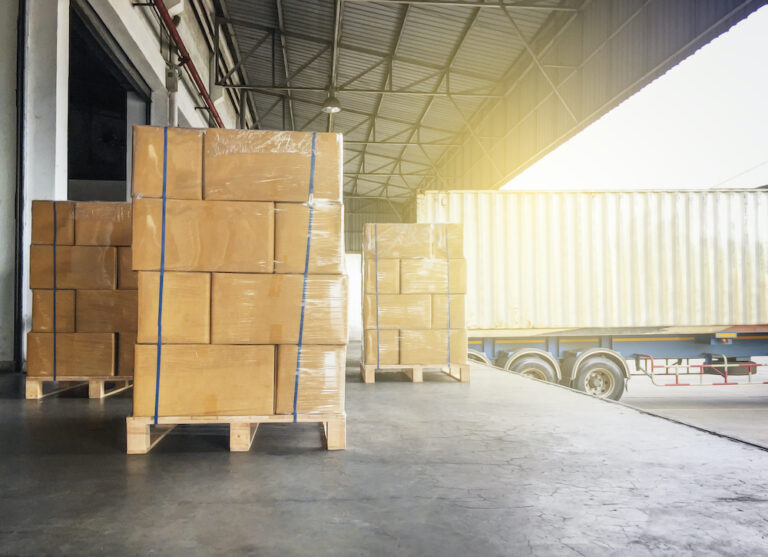
Significance of Logistic Services in Mumbai
Mumbai is a major trade hub, not just for India but globally. With one of the largest ports in the country, Mumbai handles a massive volume of imports and exports daily. Logistic services help streamline this trade by ensuring goods move efficiently from manufacturers to end-users. In Mumbai, logistics impacts nearly every industry, from retail to pharmaceuticals, making it a key driver of economic growth.
Types of Logistic Services in Mumbai
Mumbai offers a diverse range of logistics solutions tailored to meet different business needs:
- Transportation Services
- Warehouse and Storage Solutions
- Supply Chain Management
- Freight Forwarding
- Customs Brokerage
Each service has its own unique function and importance in the overall logistics chain.
Transportation Services in Mumbai
Transportation is the core of any logistic operation. Mumbai has several modes of transportation, including:
- Road Transport: Trucks, vans, and other vehicles transport goods within the city and across India.
- Rail Transport: Ideal for long-distance bulk shipments, reducing costs significantly.
- Sea Transport: With Mumbai’s proximity to the Arabian Sea, sea transport is widely used for international trade.
Efficient transport ensures timely delivery, which is vital for both businesses and consumers in the city.
Warehouse and Storage Solutions
Warehousing is essential for storing goods before they are distributed. Many companies in Mumbai use warehouses to store goods safely until they’re needed. Mumbai’s logistic hubs, such as Bhiwandi, are well-equipped with storage facilities catering to a variety of industries. Warehousing helps manage inventory and improve delivery times, benefiting both suppliers and buyers.
Supply Chain Management in Mumbai
Supply chain management (SCM) is a comprehensive approach to managing the flow of goods from the manufacturer to the consumer. It includes demand planning, procurement, production, and logistics. In Mumbai, SCM services offer end-to-end solutions that help businesses streamline their operations and reduce costs. By optimizing the supply chain, businesses can ensure faster delivery times, reduced overhead costs, and improved customer satisfaction.
Freight Forwarding Services
Freight forwarding involves organizing the shipment of goods from one location to another, often across international borders. It includes tasks like:
- Arranging transportation
- Handling documentation
- Ensuring compliance with regulations
Freight forwarders in Mumbai help businesses with complex shipping processes, offering cost-effective and reliable solutions.
Customs Brokerage Services
Customs brokerage is vital for companies engaged in international trade. Customs brokers help businesses navigate complicated import/export regulations, ensuring goods pass through customs smoothly. In a city as globally connected as Mumbai, customs brokers play a crucial role in streamlining trade.
Technology in Logistic Services
With the advent of technology, logistics in Mumbai has seen tremendous advancements. AI and automation are making logistics smarter and faster. Key technologies include:
- GPS Tracking: Real-time updates on shipment locations
- AI-Powered Analytics: Predictive analytics to forecast demand
- Automated Warehousing: Reduces errors and speeds up processing
These technologies are transforming logistics, making them more efficient, reliable, and customer-friendly.
Advantages of Using Logistic Services in Mumbai
Working with professional logistic services in Mumbai brings numerous benefits:
- Cost-Efficiency: Reduces operational costs and increases profitability.
- Time-Saving: Faster deliveries and reduced waiting times.
- Risk Reduction: Minimizes risks associated with transport and storage.
- Reliability: Ensures timely delivery, which builds customer trust.
Challenges Facing Logistic Services in Mumbai
Despite its advantages, logistics in Mumbai faces several challenges:
- Traffic Congestion: Mumbai’s busy roads can cause delays in delivery.
- Infrastructure Limitations: Limited space and aging infrastructure can be problematic.
- Regulatory Compliance: Navigating local laws can be complex.
Overcoming these challenges requires innovative solutions and government support.